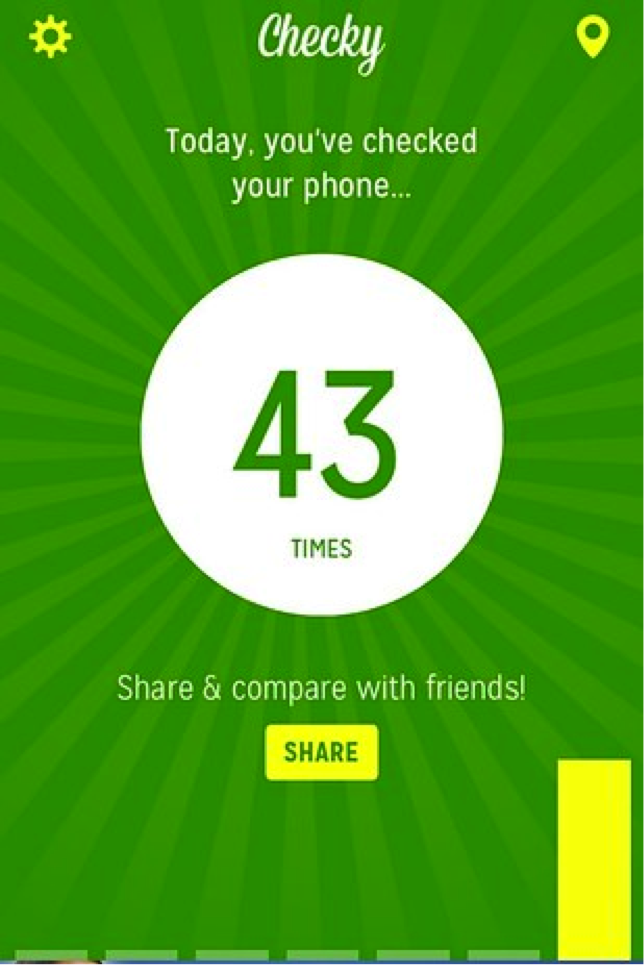 Researchers have determined that we have a problem. Yet we cavalierly attempt to rationalize our ways acting as if everything is just fine. But it’s a subtle problem. It’s barely noticeable because our lives are wrapped up in it. I speak of that technological innovation known as the cell phone. For all its charm and effectiveness, it has left us desolate for attention and craving for more of it. Like a drug, it smiles upon us and gives us the image we want of ourselves.
Researchers have determined that we have a problem. Yet we cavalierly attempt to rationalize our ways acting as if everything is just fine. But it’s a subtle problem. It’s barely noticeable because our lives are wrapped up in it. I speak of that technological innovation known as the cell phone. For all its charm and effectiveness, it has left us desolate for attention and craving for more of it. Like a drug, it smiles upon us and gives us the image we want of ourselves.
When I first pointed this out some time ago, folks reacted in humorous opposition: “I had to check social media on my cell to read your critique of cell phone usage.” Of course, this is not a contradiction. I am articulating in opposition to the excessive use of cell phones, not the occasional “catch-up,” or pragmatic use thereof. I am no more contradicting myself than CNN does when it reports that according to researchers watching too much TV can cause long-term damage. The means is simply a popular avenue to communicate ideas, even if these ideas contradict the excessive use of the means.
Ultimately, this is about stewardship. You can use it wisely or not. I can quote Neil Postman on Facebook, though Postman would probably be unhappy about its overwhelming use in our day. The means does not negate the message. And the message is that too much of the means can be harmful for you. As Luther once observed, “The Abuse of something is not an argument against its proper use.” We need to understand that using something does not negate the reality that that something can be abused.
I am also fully aware that some people depend on their cell phones for work. Business transactions take place at quick speed and immediate updates are necessary. But my concern is more of the casual use variety. Drive for a few minutes. Sit in a coffee shop. And watch the bright screens shining on people’s faces. Is it a problem? I firmly believe it is.
Americans cannot go five minutes without checking their phones. Guilty. Working on it. Try this little experiment. Download this app. It’s fascinating. It will tell you each day how much you have checked your phone. Try it and after a week determine why the average person spends an inordinate amount of time searching and browsing purposelessly.
The reason we check our cell phones 30-50 times per day (46 being the national average) is not because we want to discover whether the world economy is collapsing or whether the weather has changed in the last five minutes or whether your best friend posted her fourth selfie of the day; the reason, in most cases, stems from discontent with what we have and who we are. We need new updates to boost our self-esteem and to prove that we are indeed better or more likeable than others. We are emotional beings and very often in an age of social media hype, we fluctuate emotionally based on what we have just seen on Facebook or Twitter. We are bored with ourselves and those nearest to us. The result of such virtual addiction is generally an unstable persona that directs anger and rage at all the wrong places or fails to distribute anger and rage proportionate to the reality.
Marshall Segal recently observed:
As believers in Jesus and the gospel, our identity is never in how much we’re needed in this life, or in what we control, or in how much we know. Our life is measured by the life that was given for us, by the price that was paid to secure and satisfy us forever (1 Corinthians 6:20; 1 Peter 1:19). We were made and saved not to be loved by social media, but by the almighty God of holiness and mercy.
We long for connection but are searching in all the wrong places. The solution can be to check your phone less, of course, but what I am proposing is a kind of self-examination that considers one’s priorities and motives. Everything is a heart issue, and as Christians we need to analyze what is at the heart even of the most common daily habits.















